I’ve been researching carbon sinks lately. The Sri Lankan government has a scheme to become one of the first countries to sell carbon credits and Ajith (southern district director) has the opinion that we should get in on this gig. So of course, he told me to research it (because why research a crazy scheme on your own).
Although I've been at meetings where government officials have mentioned this carbon credit scheme, I can't find anything specific about it. The Tourism Bureau has begun trying to offset carbon by randomly planting trees. This isn't altruistic, they have read the writing on the wall -- the biggest tourism buck comes from overseas (because they charge foreigners more) and many of the tourists who travel to Sri Lanka are the same people who might stop flying because of climate change (they basically say this in a report they paid some Australians to write). They are trying to make tourists believe flying to Sri Lanka is carbon neutral (which it isn't because as far as I can tell there is no rhyme or reason to where or how they plant these trees, but there must be if you are trying to offset carbon).  The problem for the general population of Sri Lanka is there isn’t a lot of opportunity for the small land holder in carbon credit systems. Not just that, but Ajith got it in his head that home gardens would qualify. I’m not sure where he heard this, but all the information I’ve found is that there must be significant canopy cover, which would probably deny most home gardens a chance.
The problem for the general population of Sri Lanka is there isn’t a lot of opportunity for the small land holder in carbon credit systems. Not just that, but Ajith got it in his head that home gardens would qualify. I’m not sure where he heard this, but all the information I’ve found is that there must be significant canopy cover, which would probably deny most home gardens a chance.
The problem for
The reason for this post isn’t to decry the Kyoto Protocol however short-sighted I believe this policy is. It is to bemoan the state of the world. Anytime I embark on one of these little research projects I have to wonder why I chose the environmental field for my career. I mean, it does seem quite hopeless. Yes, all the little animals are cute and everything, but really, there isn’t much hope for them. And today I received an article that the world’s oceans and forests aren’t sucking up as much carbon as they used to! This is bad people, really bad. I mean we are producing more carbon now than ever before (or at least in the last 650,000 years) and our sinks, our reliable banks to store carbon, but they are not excepting our deposits. Not from our destruction of these places, although that is a problem also, but just because there is too much carbon dioxide,
"It's a positive feedback whereby sinks appear to be responding to global warming in a way that increases global warming," said Corinne Le Quéré, a researcher at the University of East Anglia in the United Kingdom, and at the British Antarctic Survey. "It's not good news."
You think? Be scared people. This is crazy. What this ultimately means is that all those doomsday scenarios that you hear all the time may happen sooner rather than later. We all expected a certain amount of CO2 to be eaten by the forests and the oceans. Without that, well, all bets are off. I suggest you walk today.
In other news (?) a report was released that we could save a lot more lives if aid efforts were more coordinated. Did we pay money for this report because I thought that was common knowledge?
On the good news side of things, there didn't seem to be any new fighting today. By new I mean fighting outside of the north -- as far as I can tell a day does not go by without something happening in the north.Happy Poya Day by the way (tomorrow).

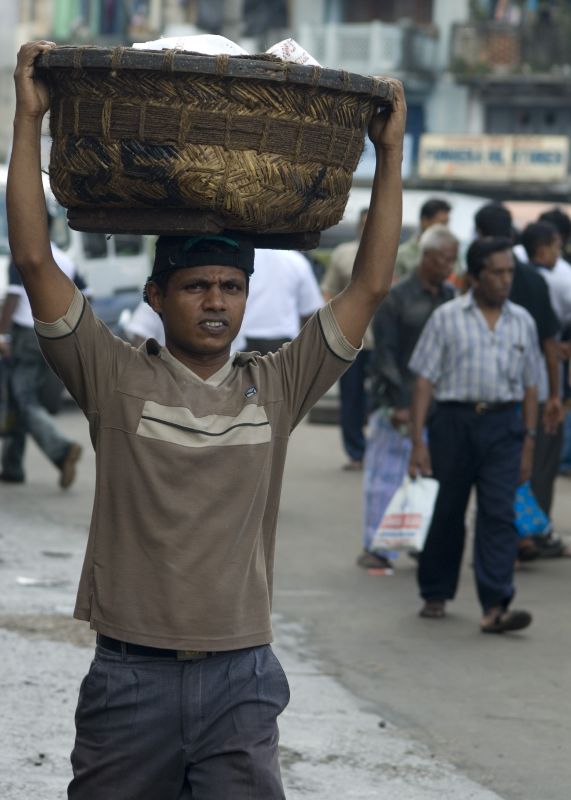




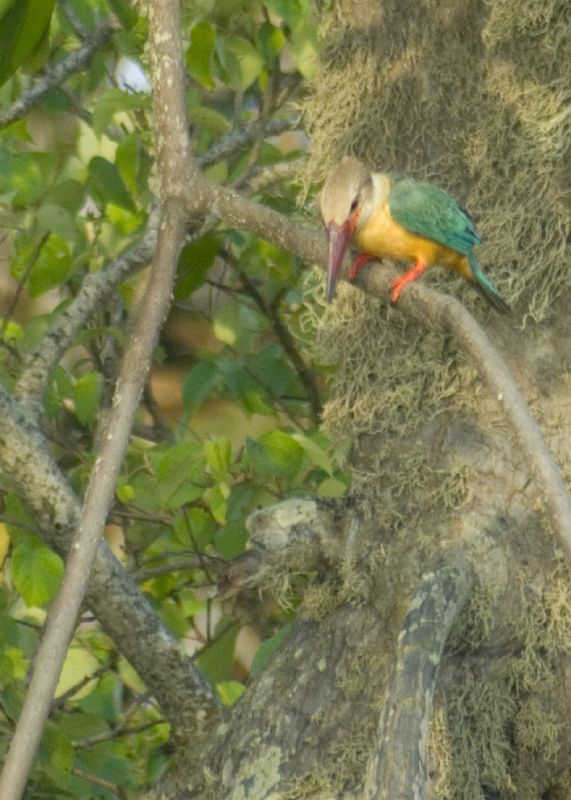










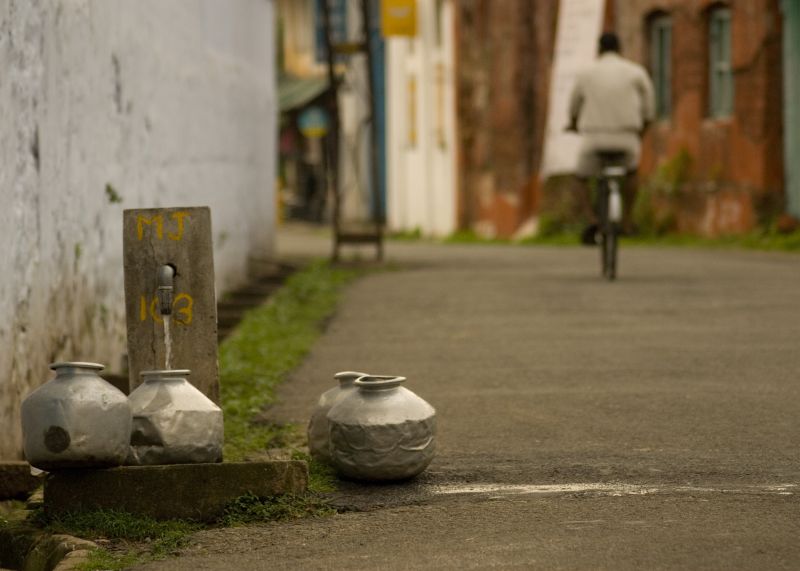



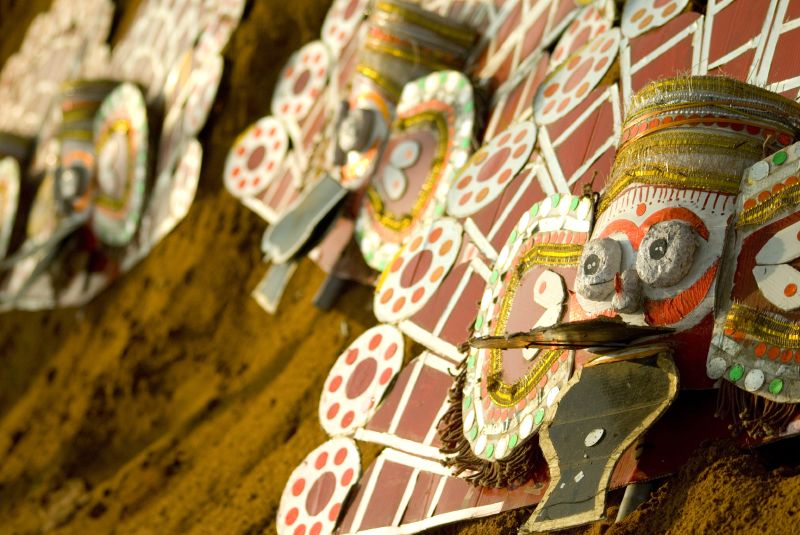





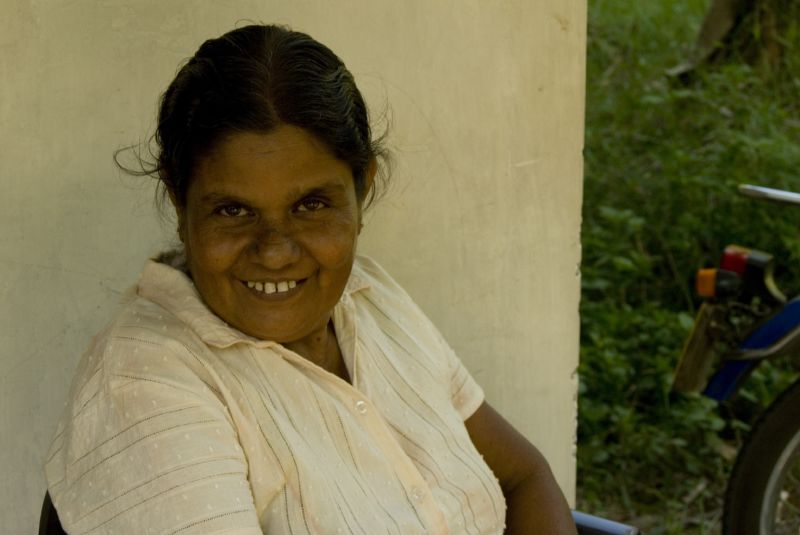
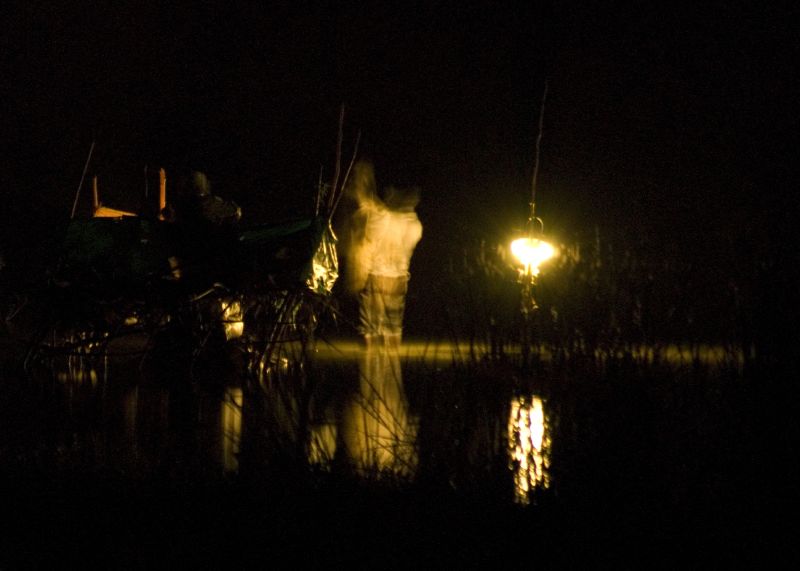






























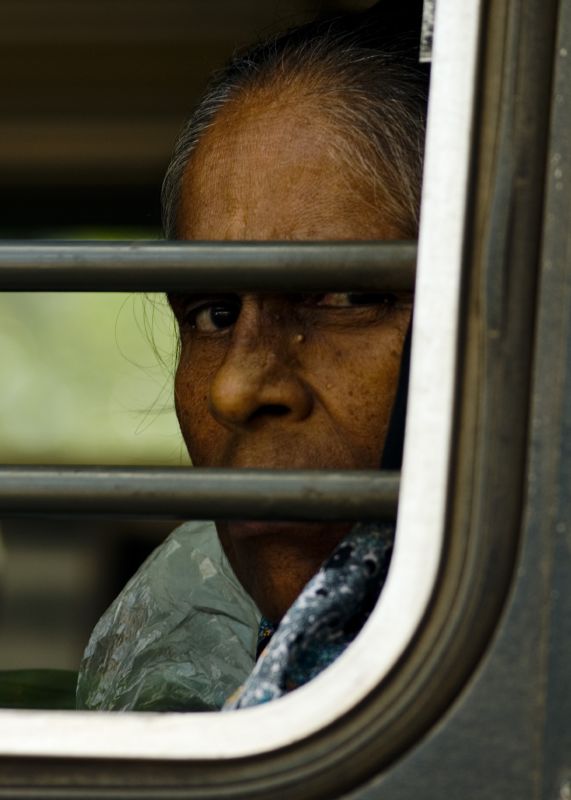
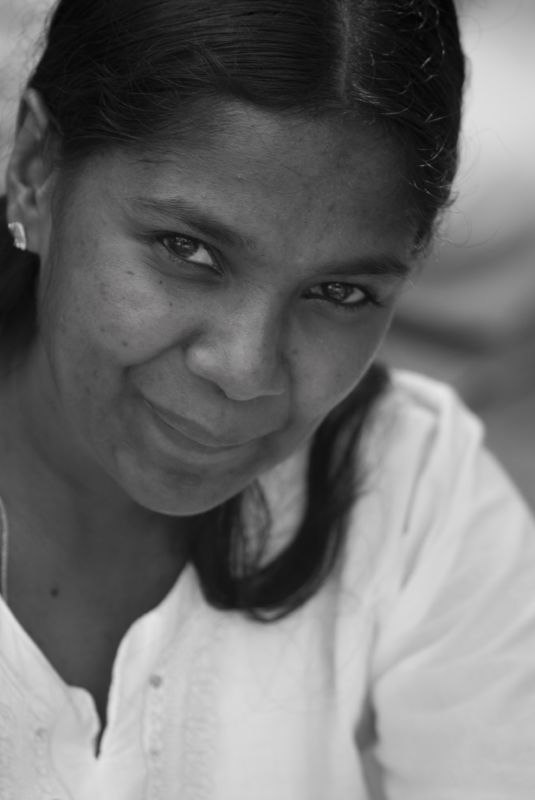

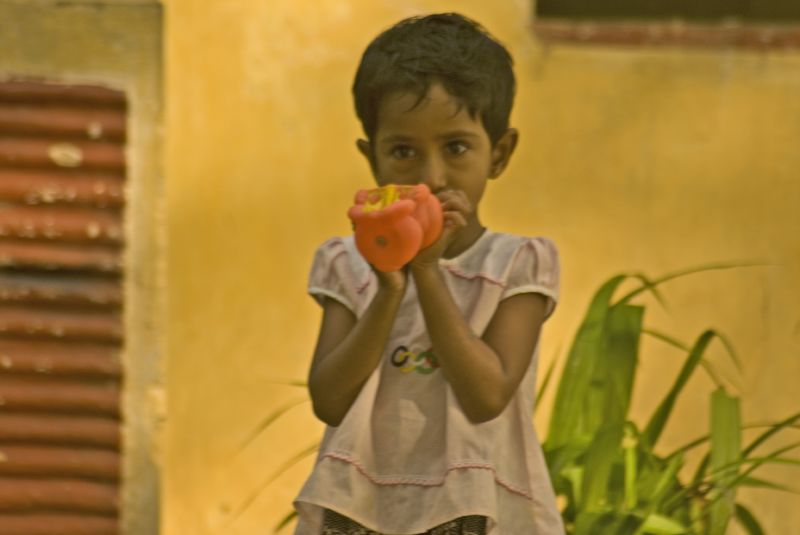

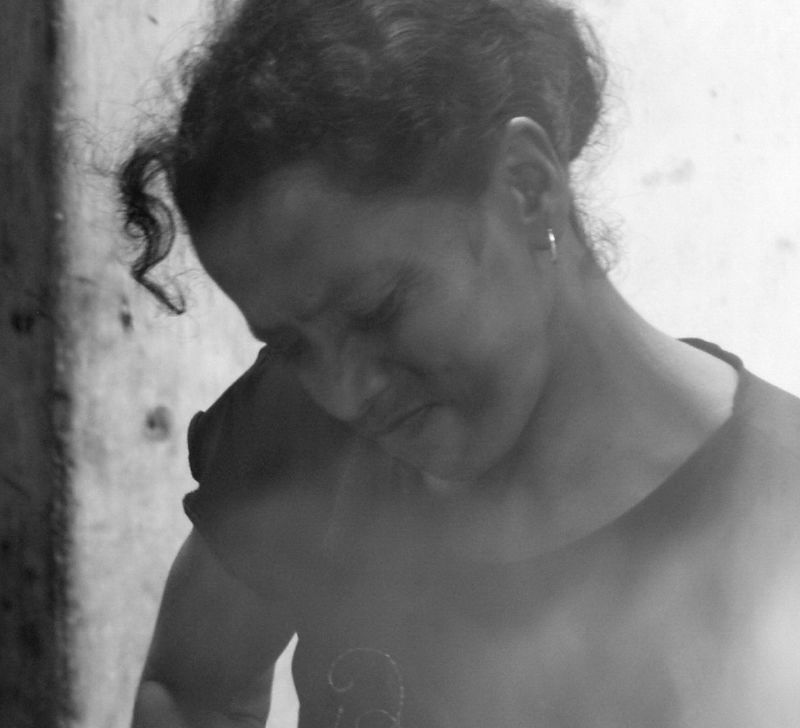



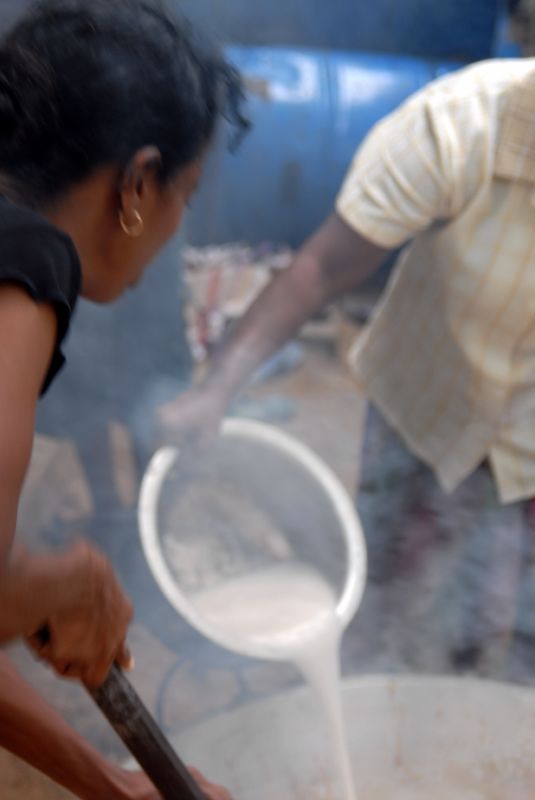


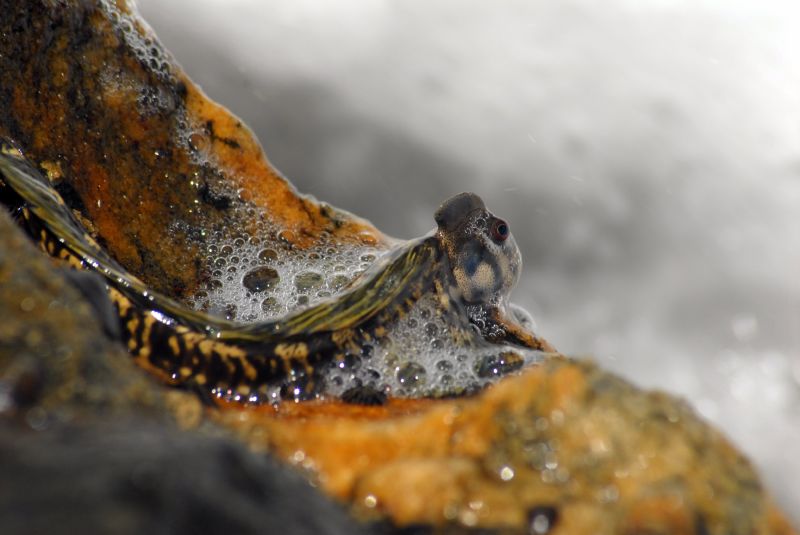
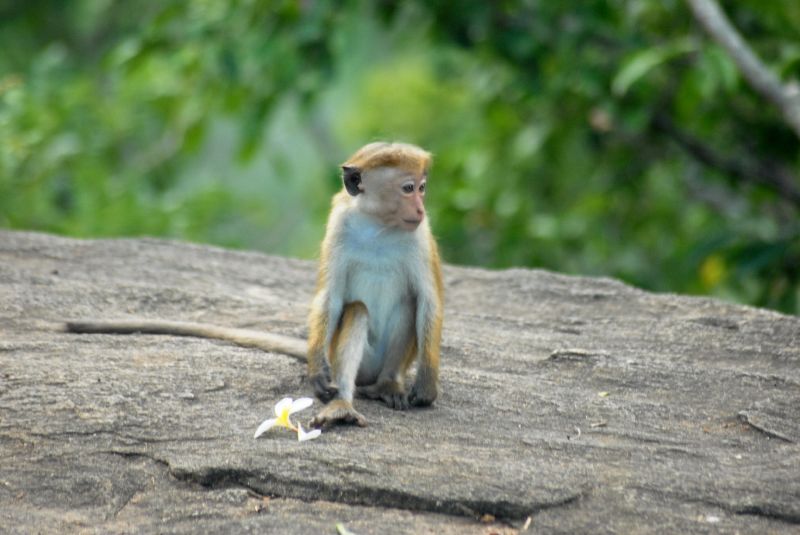

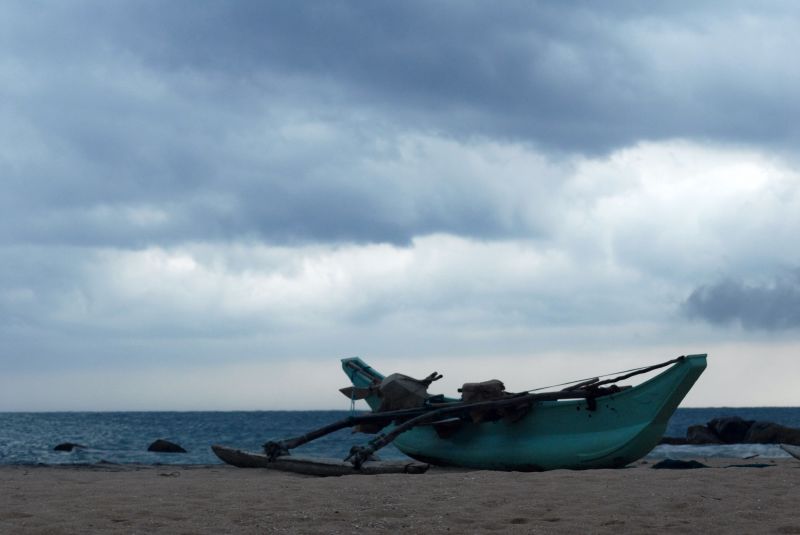

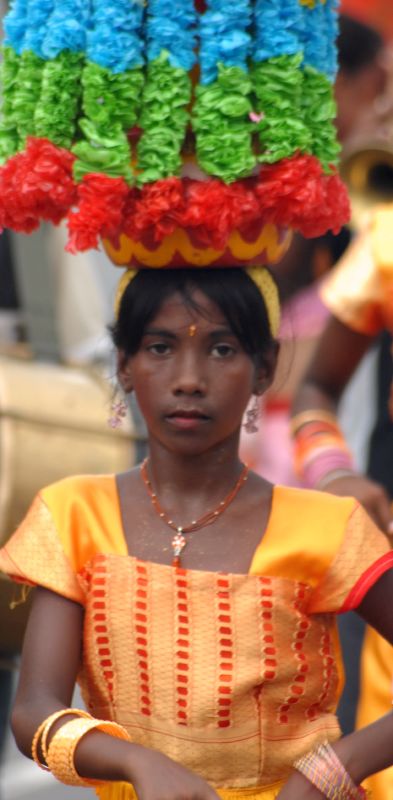
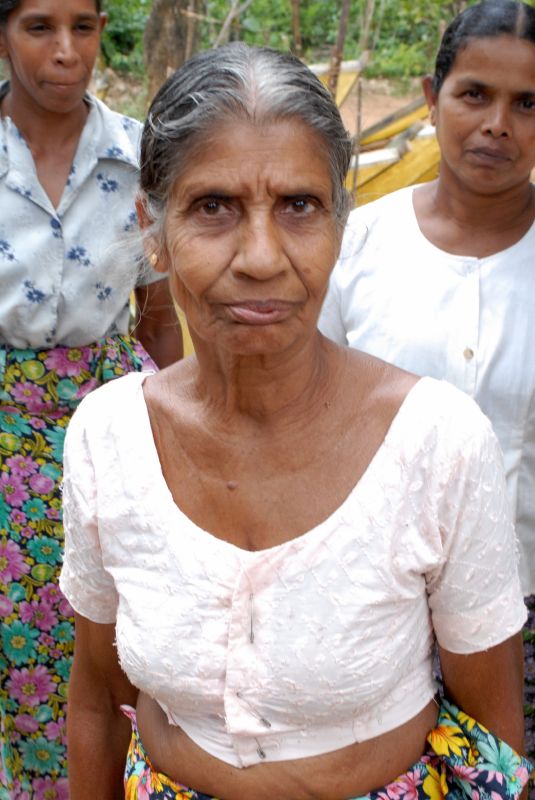

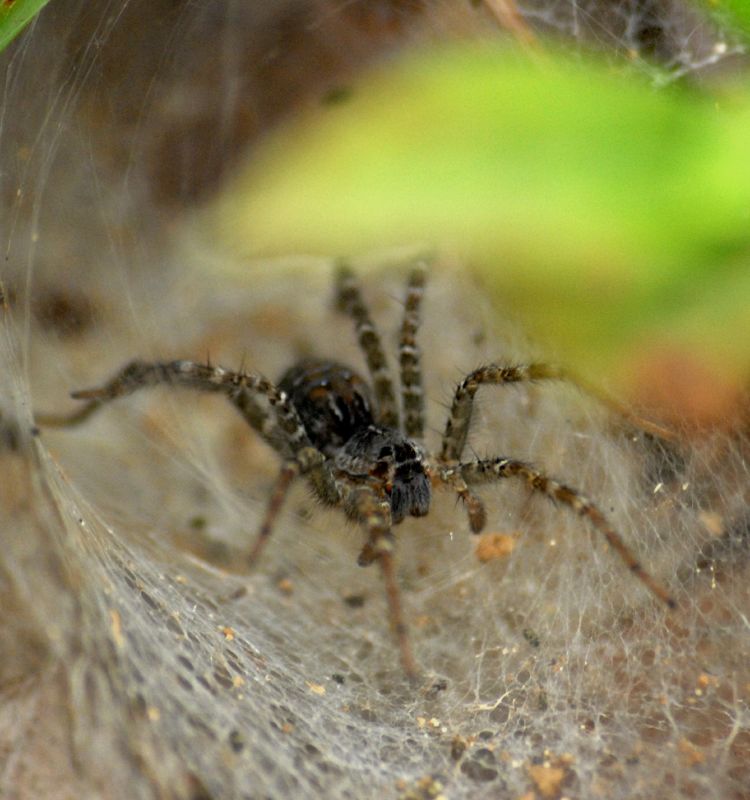
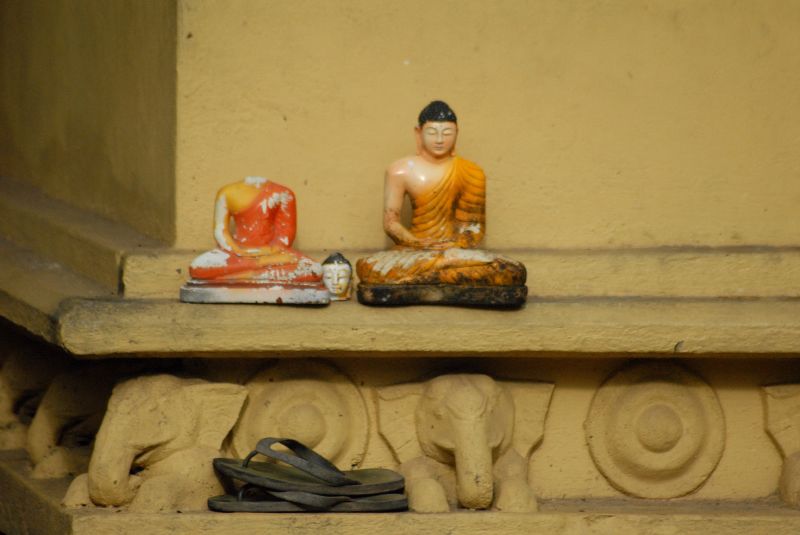


No comments:
Post a Comment